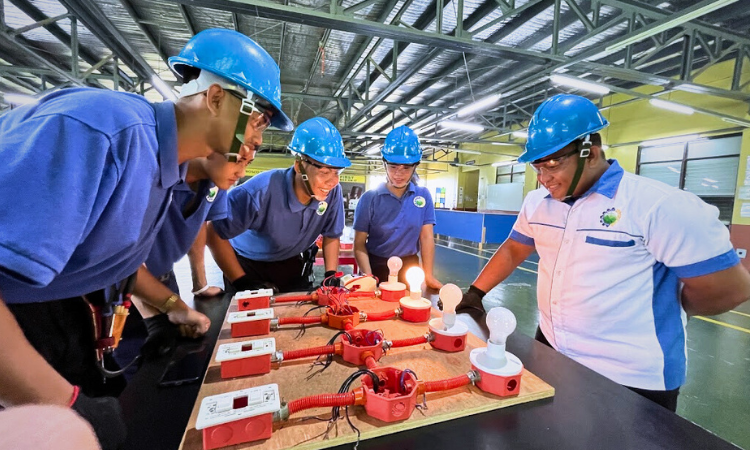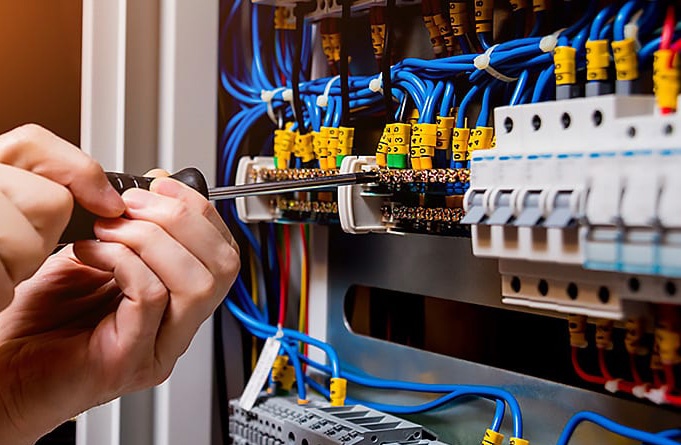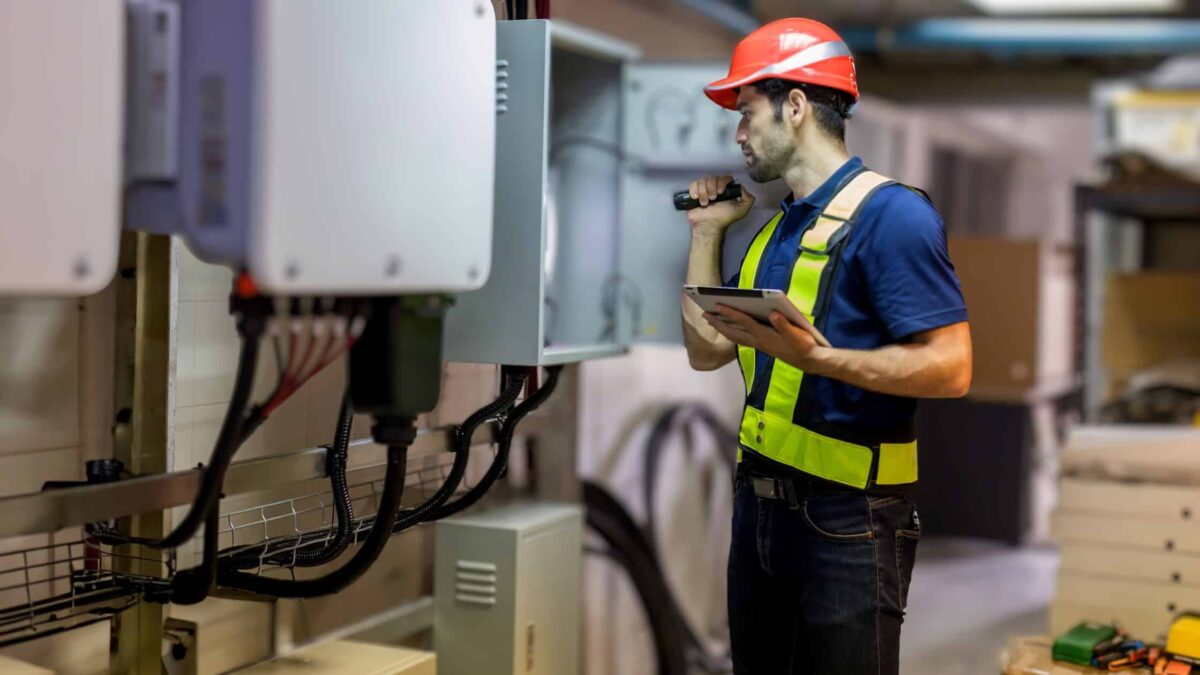Electrical Installation & Maintenance
Electrical Installation & Maintenance

Course Overview
The Electrical Installation & Maintenance course provides learners with the technical knowledge and practical skills required to install, maintain, and troubleshoot electrical systems safely and efficiently. It combines theoretical instruction with hands-on training in wiring, circuit design, safety procedures, and electrical equipment maintenance, preparing participants for both residential and commercial electrical work. The program emphasizes safety, precision, and adherence to industry standards.
Course Objective
By the end of this course, learners will be able to:
Understand the principles of electricity and electrical systems.
Install and maintain wiring systems, switches, and outlets.
Read and interpret electrical drawings and circuit diagrams.
Identify and repair electrical faults in homes and workplaces.
Apply standard safety practices in electrical operations.
Use electrical tools, instruments, and testing equipment effectively.
Comply with national and international electrical codes and regulations.

Who Should Enroll?
This course is ideal for:
Individuals seeking careers in electrical installation and maintenance.
Technicians and artisans looking to upgrade their technical skills.
Entrepreneurs interested in starting an electrical service business.
Students or graduates from technical and vocational backgrounds.
Course Modules
1. Introduction to Electrical Technology
Understanding electricity, current, voltage, and resistance
Overview of electrical systems and power supply
2. Tools, Equipment, and Safety Procedures
Identification and handling of basic electrical tools
Workplace safety rules and first aid practices
3. Electrical Circuit Design and Analysis
Types of circuits: series, parallel, and combination
Reading and interpreting electrical diagrams
4. Wiring and Installation Techniques
Domestic and industrial wiring methods
Installing switches, sockets, and lighting systems
5. Electrical Measurements and Testing
Using multimeters and other testing instruments
Measuring voltage, current, and resistance accurately
6. Fault Detection and Repair
Common electrical faults and troubleshooting methods
Preventive maintenance techniques
7. Electrical Machines and Power Systems
Basic understanding of motors, transformers, and generators
Power distribution and control systems
8. Energy Management and Safety Compliance
Electrical load management and energy conservation
Compliance with electrical codes and installation standards
Learning Methods
Practical, hands-on training sessions
Workshop demonstrations and real-life installations
Instructor-led theoretical classes
Group projects and field exercises
Assessment & Certification
Practical performance assessments and safety evaluations
Written tests on electrical theory and standards
Final installation project submission
Successful participants receive a Certificate in Electrical Installation & Maintenance
Career Opportunities
Graduates can work as:
Electrical Technicians / Maintenance Officers
Wiring and Installation Contractors
Facility Maintenance Supervisors
Electrical Inspectors / Technologists
They can also start their own electrical service or contracting business or advance into specialized areas such as Industrial Automation or Renewable Energy Systems.
Duration & Requirements
Duration: 3 – 6 months (depending on training schedule)
Requirements: Basic science and math knowledge; interest in hands-on technical work. No prior experience required.

